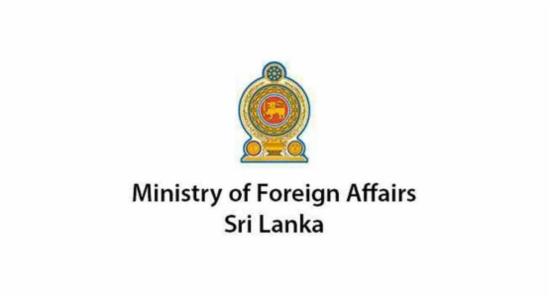.webp)
-734541.jpg)
AI and Cybersecurity: WEF Warns of Growing Risks and Gaps
COLOMBO (News 1st); The Global Cybersecurity Outlook 2025 by the World Economic Forum has highlighted the increasing complexity and evolving threats in the cybersecurity landscape.
The report identifies several critical factors driving the complexity in cybersecurity, including geopolitical tensions, emerging technologies, supply chain interdependencies, and the sophistication of cybercrime.
According to the WEF, nearly 60% of organizations report that their cybersecurity strategies are influenced by geopolitical uncertainties, leading to adjustments in trading policies and operations.
One of the report's key findings is the growing impact of artificial intelligence (AI) on cybersecurity.
While 66% of organizations expect AI to significantly influence cybersecurity, only 37% have processes in place to assess AI security risks before deployment.
This gap in preparedness highlights the urgent need for organizations to adopt proactive measures and invest in cybersecurity to address escalating risks.
The report also emphasizes the importance of global collaboration and the need for cybersecurity investment to ensure digital resilience and financial stability.
With cyber threats becoming more sophisticated and scalable, the WEF calls for a shift from traditional security approaches to a resilience-focused strategy.
Other Articles
Featured News





.png )








-777755_550x300.jpg)
-777749_550x300.jpg)
-777743_550x300.jpg)
-777316_550x300.jpg)
















.gif)